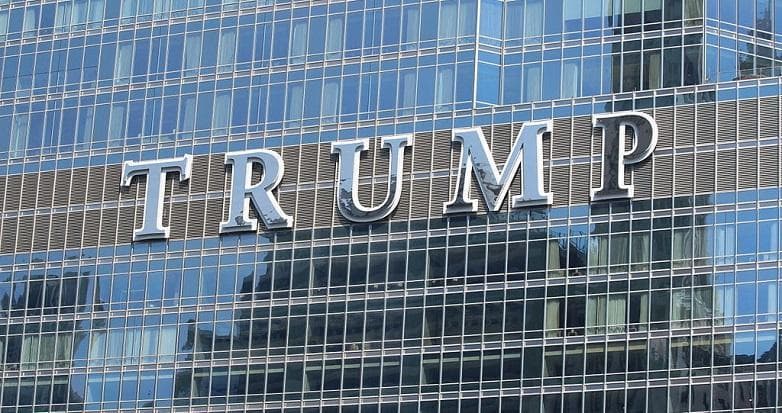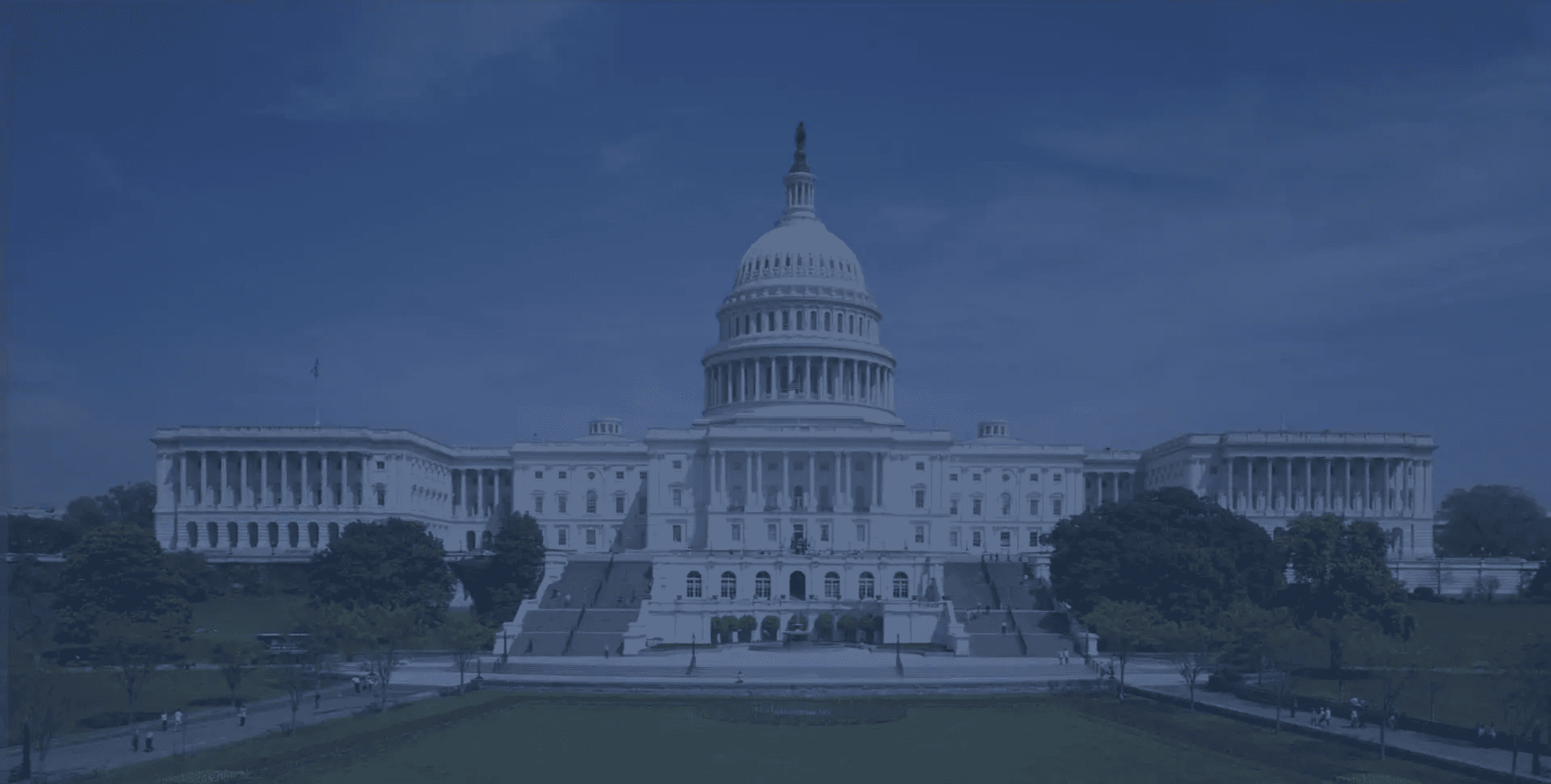
CubaUncategorized
Did Trump Violate the Cuba Sanctions?
This morning at around 6:00 a.m., Newsweek broke a story that Donald Trumps company may have violated the Cuban Assets Control Regulations
September 29, 2016 | Cuba, Sanctions
Did Trump Violate the Cuba Sanctions?
This morning at around 6:00 a.m., Newsweek broke a story that Donald Trump's company may have violated the Cuban Assets Control Regulations (CACR). Specifically, Newsweek claims that "[d]ocuments show that the Trump company spent a minimum of $68,000 for its 1998 foray into Cuba at a time when the corporate expenditure of even a penny in the Caribbean country was prohibited without U.S. government approval."
Politics aside, for those of us who handle sanctions issues, this has been a particularly interesting election due to the number of sanctions-related issues—the Iran nuclear agreement (JCPOA) and lifting of sanctions, the U.S. relationship with Russia, the Obama Administration's activities in Syria, and now Cuba.
It shouldn't really be a surprise to see sanctions-related issues discussed in the general election because sanctions are a product of national security, economic policy, and foreign policy considerations, but they usually do not dominate the news cycle as they have recently.
Did Trump's Company's Alleged Activities Violate the Cuba Sanctions Program?
The primary question here is whether Trump's company's alleged activities would actually constitute a violation of the CACR and what the legal implications of that may be.
According to Newsweek's Kurt Eichenwald, Trump's company—Trump Hotels & Casino Resorts—paid $68,000 to business consultants to travel to Cuba and conduct some business back in 1998. The most we know about the business trip is that some meetings took place. According to the Newsweek article, the business consultants then instructed Trump Hotels on how to make the transaction appear as part of an authorized charitable activity.
This morning, Trump's campaign manager confirmed that Trump Hotels "paid money . . . in 1998," but she denied any implication that Trump had invested in Cuba. Rather, Trump Hotels had simply paid the business consultants.
Whenever one is discussing a sanctions program that targets an entire country, it is important to understand that the sanctions will be written and interpreted broadly by the Office of Foreign Assets Control (OFAC). This means that, in most cases, the prohibitions extend beyond formal business contracts to all sorts of transactions, big and small. This may include paying for food, hotels, travel, negotiating the terms of a contract, and more.
The Cuba sanctions are particularly broad. Unlike other country-wide sanctions programs (Iran, Syria, Sudan), the CACR prohibits travel and even personal transactions used to maintain oneself while traveling, like food and housing.
The primary prohibition in the CACR can be found in 31 C.F.R. § 515.201, which prohibits all transactions involving Cuba or a Cuban national. This includes any transaction involving property where Cuba or a Cuban national has a direct or indirect property interest. The term "property interest" is interpreted broadly, and is not limited to enforceable legal interests in the property.
In 1998, this prohibition would extend to all the following unlicensed activity:
1. The exportation of funds to Cuba, including if the funds have been brought on someone's person.
2. Payment for air travel to Cuba.
3. The receipt of any and all goods and services in Cuba, as was made clear in a published interpretation of § 515.201's application to Cuba travel in § 515.420 (published June 16, 2004).
4. Transactions involving funds that would thereafter be brought to and spent in Cuba.
In short, as the business consultant firm (Seven Arrows Investment and Development Corp.) was a U.S. entity, all the activity conducted in Cuba that did not qualify for a General License was likely a violation of the Cuba Sanctions.
Moreover, the sponsorship of the trip by Trump Hotels would also likely be interpreted as a violation of the Cuba Sanctions by OFAC. With that said, there may be a strong argument that neither Cuba nor its nationals had any property interest in the funds reimbursed to Seven Arrows. However, the federal courts have given OFAC extreme deference in interpreting its own rules, and they may have deemed a property interest to exist.
Remember, sanctions violations are strict liability offenses—no criminal intent or knowledge is necessary. As long as the sanctions were violated, all parties involved are liable to the U.S. government.
In addition, OFAC may find that Trump Hotel's payment of a third party may constitute a transaction "which has the effect of evading or avoiding any of the prohibitions," which is also a violation of § 515.201.
Lastly, any adjustment of the record to make the violations appear authorized would very likely violate that same part of § 515.201.
It should be noted that it is common for businesses to have a poor understanding of the broad interpretation of sanctions regulations. This was particularly true in 1998. Over the last 15 years OFAC has made great strides in educating the private sector—often through public enforcement actions.
Implications of Potential Cuba Sanctions Violations in 1998
The statute of limitations for sanctions violations is typically five years. Accordingly, the statute of limitations here has very likely expired. With that said, if OFAC had discovered the set of facts presented in the news, then Trump Hotels and Seven Arrows would likely be receiving an administrative subpoena from OFAC.
Moreover, if OFAC had found evidence of willful misconduct, then OFAC may have referred the case to the Department of Justice. Willful misconduct involves criminal intent, whereas sanctions violations usually are inadvertent or reckless.
Violations of the sanctions regulations are subject to hefty fines with maximums that can be as high as the greater of $250,000 or twice the value of the transaction, per transaction.
OFAC looks at a number of factors in determining the appropriate enforcement response. These factors, which are listed in the OFAC Sanctions Enforcement Guidelines, include:
1. Willful or Reckless Violation of Law
2. Awareness of Conduct at Issue
3. Harm to Sanctions Program Objectives
4. Individual Characteristics
5. Compliance Program
6. Remedial Response
7. Cooperation with OFAC
8. Timing of Apparent Violation in Relation to Imposition of Sanctions
9. Other Enforcement Actions
10. Future Compliance / Deterrence Effect
11. Other Relevant Factors on a Case-by-Case Basis
The first four factors, and in particular the first two, largely determine whether OFAC deems a violation to be "egregious." Egregious violations are subject to higher maximum and base penalties.
For instance, in the fact pattern reported by Newsweek, many executives are alleged to have been knowledgeable about the activity. Even if they did not know that the activity was a violation of the law, the failure to conduct due diligence may be considered a reckless violation of law. At the same time, it is doubtful that mere business meetings would have harmed the sanctions program objectives, as Cuba did not receive any commercial products or services.
Disclaimer: This analysis is based purely on the facts presented in the Newsweek article. From experience, we are very aware that the actual facts may look substantially different and that sanctions issues are very fact-specific inquiries. Also, this is a blog article and in no way legal advice, nor should it be taken or construed as legal advice.

